Unexpected Household Poisons: Info from a Mobile Vet in New Meadows
Thanks to the Internet, cat and dog owners are more knowledgeable about taking good care of their pets than ever before. Naturally, having instant access to a wealth of pet care information makes understanding your cat or dog much less challenging. Still, though, many animal owners don't know several everyday things could hurt their four-legged companions. Nearly everyone is aware that human medications and chocolate are poisonous to household pets, but several other things are equally hazardous. With March being National Pet Poison Prevention Month, it's an amazing time to find out more about some household dangers. Please read on to learn about some household items you might not know could cause harm to your feline friend or canine companion.

1. Xylitol
You might not recognize xylitol by name, but you probably have it in your home. This artificial sweetener is found in sugar-free products, especially gum and candy. Unfortunately, it’s not so sweet for cats and dogs. When eaten, Xylitol could cause your pet's blood sugar levels to plummet. It has also been linked to serious liver damage. Manufacturers are using this artificial sweetener in more and more food products — including peanut butter — so be sure to check labels before sharing human food with your pet.
2. Raisins and Grapes
Grapes and raisins are delicious and healthy treats for you and your kids, but they are dangerous to your furry friend. Scientists are not quite certain why these fruits are so harmful to companion animals, but consuming just a few raisins or grapes can cause permanent kidney damage.
3. Indoor Plants
If you have an indoor plant collection, keep them away from your pet. Many indoor plants are poisonous to pets. They can cause everything from slight stomach upset to severe organ damage and, in some cases, death. Aloe, snake plants, dracaena, and philodendrons are just a couple of the houseplants that are toxic to dogs and cats.
What to Do If Your Pet Ingests a Poison
Seek prompt assistance if you ever have any reason to believe your pet might have eaten or been exposed to a toxic/poisonous substance. Your pet requires an evaluation even if they have no noticeable symptoms. Contact the Pet Poison Helpline for guidance.
If you are looking for a mobile veterinarian in New Meadows, Salmon River Mobile Veterinary Clinic can help. Our veterinarians provide both wellness care and sick care and will provide your pet with the care they need. To learn more or schedule an appointment for your furry friend, reach out to us today.

By accepting you will be accessing a service provided by a third-party external to https://salmonrivermobilevet.com/



